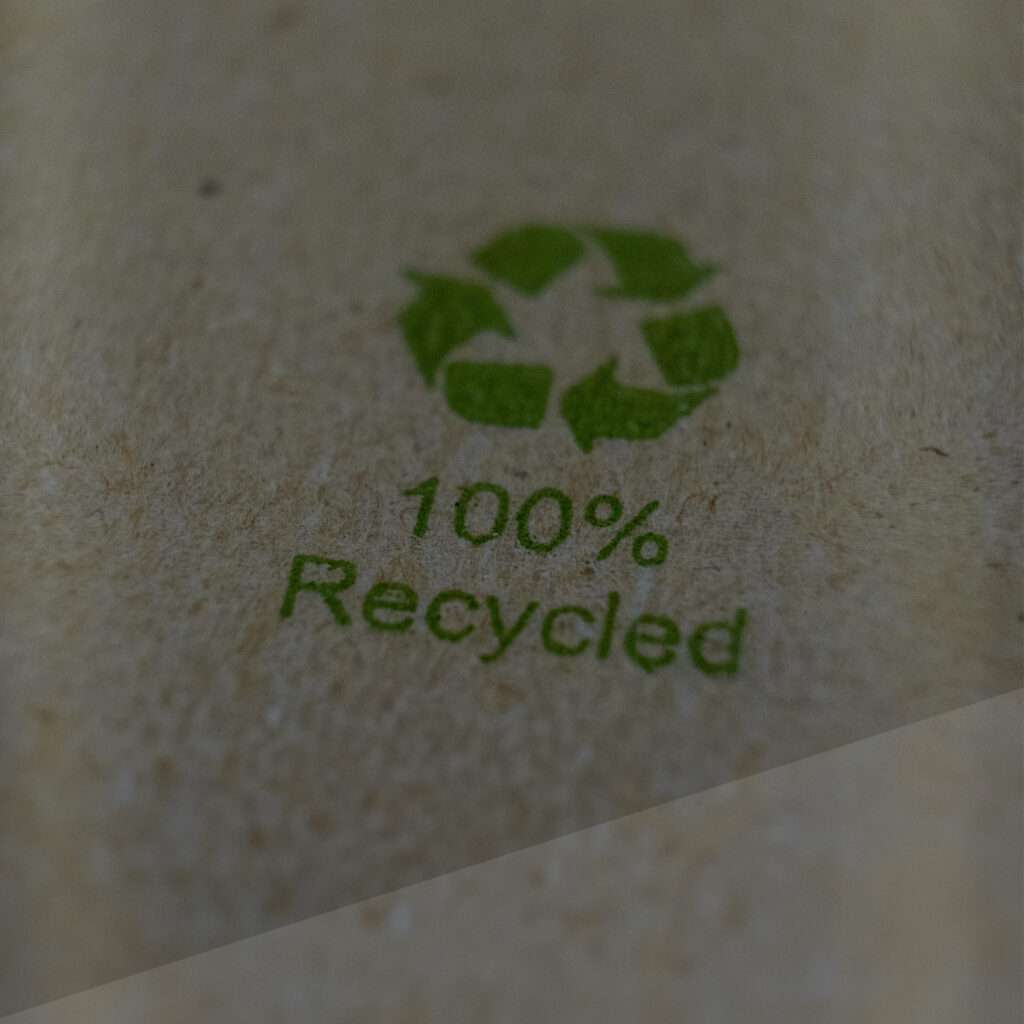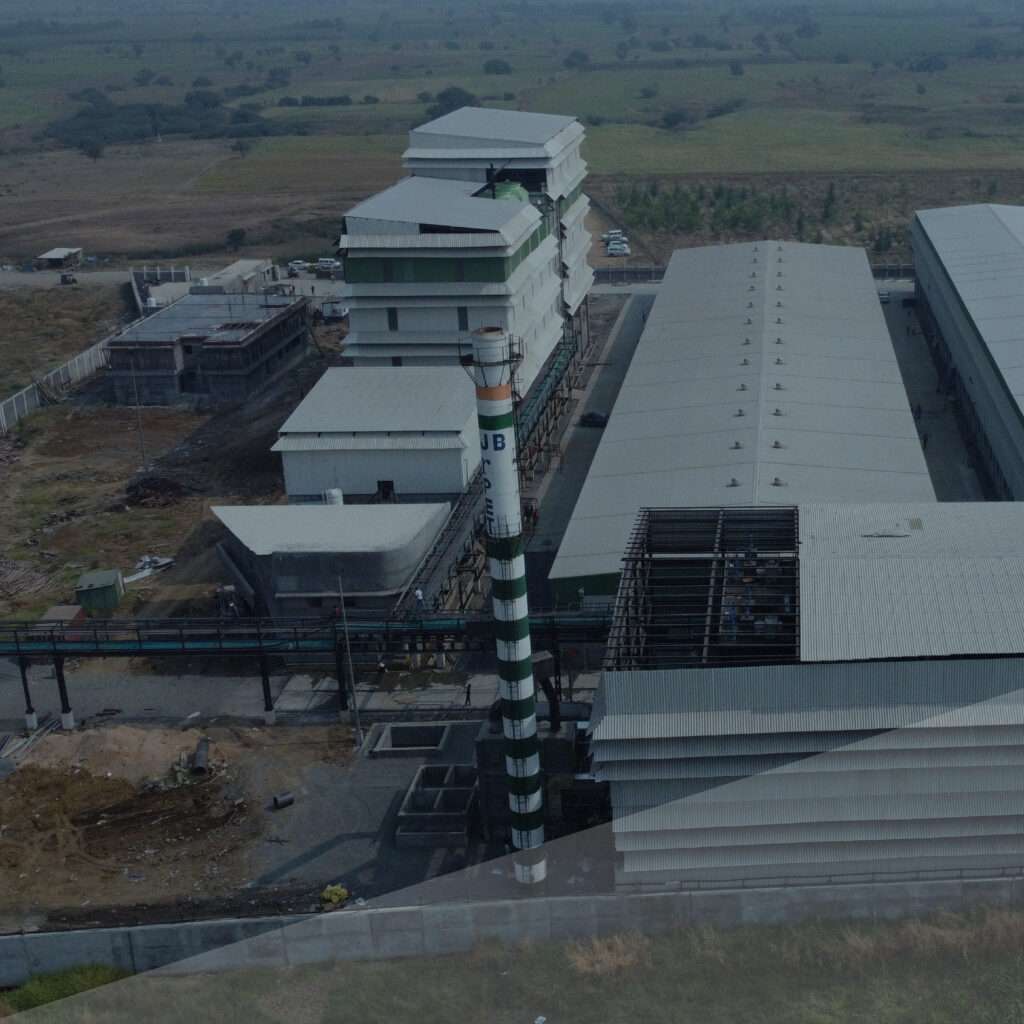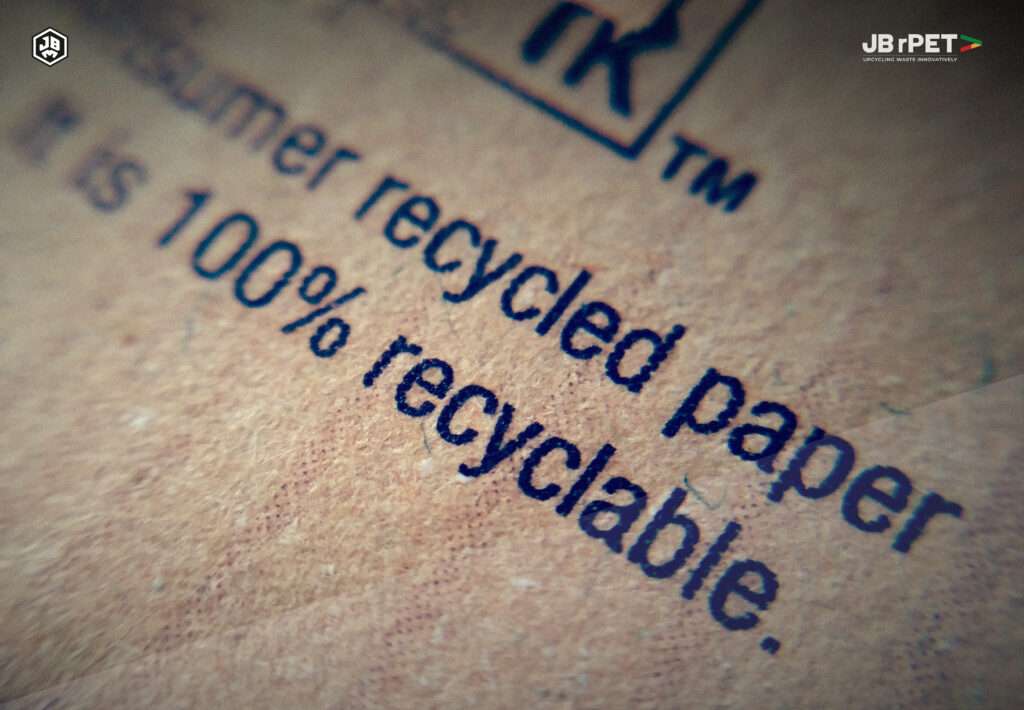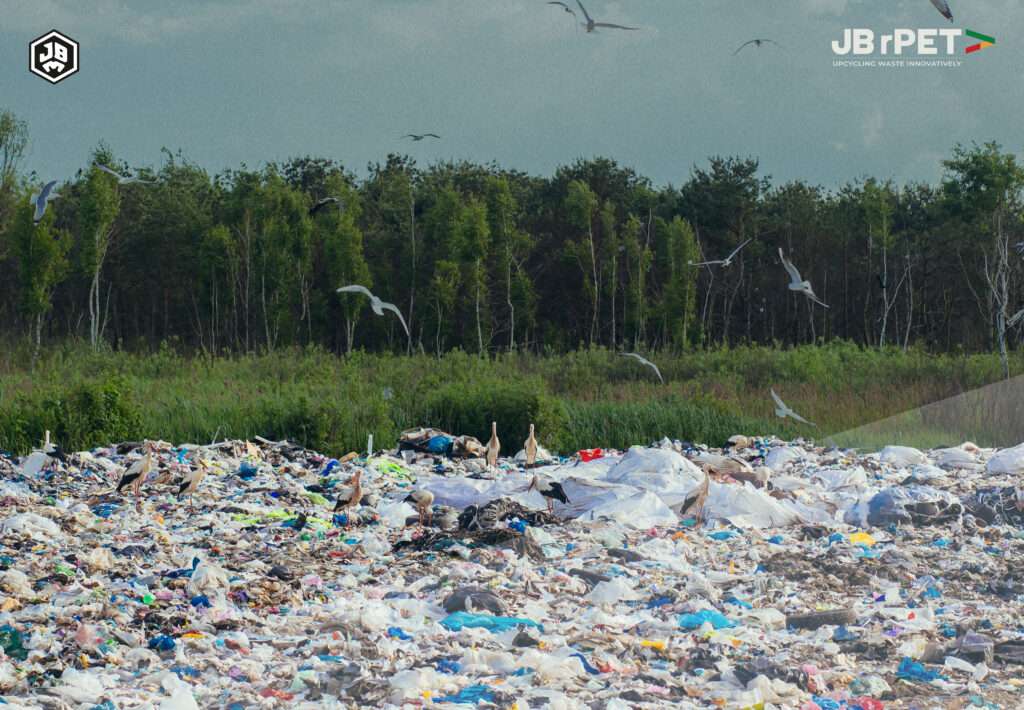Home / Using IPA Testing to Identify Real vs. Fake Recyclers
With companies in a race to be seen as sustainable, the word “recycled” is used widely, often without scientific evidence. But what if “recycled” isn’t actually recycled? What if the plastic in “green” packaging or fashion is actually virgin plastic in disguise?
This is the brutal truth of the recycling world today. With no proper checks in place, most companies have it easy to brand virgin PET (Polyethylene Terephthalate) as “recycled,” misleading consumers and defeating sustainability efforts. But there is a method to determine the truth scientifically: Isophthalic Acid (IPA) Testing.
What Is IPA Testing?
IPA (Isophthalic Acid) Testing is a technical process that detects the presence of isophthalic acid, a chemical compound present in PET materials. During the recycling process, PET undergoes significant chemical transformation, often resulting in traces of IPA.
Here’s the catch: IPA is found only in garments or plastics made from recycled material. If a product truly uses recycled PET (rPET), it will contain measurable levels of IPA. On the other hand, virgin plastic typically lacks this marker. That makes IPA Testing one of the most reliable scientific indicators to verify whether something is actually recycled, or just falsely labelled as such.
Why the Recycling Industry Needs IPA Testing
The simple truth: the recycling chain is full of loopholes.
Many brands speak about circularity and sustainability, but their supply chains often depend on one-time compliance, passing a sustainability audit once, and then continuing unchecked. In this gap, some suppliers mix virgin and recycled materials while still marketing the product as “100% recycled.”

IPA Testing helps close that gap. It provides ongoing validation, not just one-time claims. For brands, buyers, and even regulators, this transparency is the way to go.
How IPA Testing Works
Sample Collection
A sample of PET material, typically flakes or pellets, is sent to a certified testing lab.
Chemical Analysis
The lab applies IPA Testing protocols to detect the concentration of isophthalic acid.
Interpretation
1. High IPA content = material has undergone recycling
2. Low or no IPA content = likely virgin plastic or falsely labelled rPET
Verification
These results are benchmarked against industry standards to confirm whether the resin is truly recycled.

Why IPA Testing Matters
As demand for genuine sustainability grows, IPA Testing becomes a vital tool for brands and manufacturers. Here’s why:
1. Proof of Authenticity
It backs sustainability claims with hard science, helping brands earn real trust.
2. Supply Chain Accountability
Routine testing ensures that no virgin plastic is being disguised as recycled.
3. Competitive Edge
In a greenwashed marketplace, verified materials stand out.
4. Regulatory Compliance
With tightening global regulations, IPA Testing helps ensure legal and ethical compliance.
JB rPET: Setting a Higher Standard
At JB rPET, we don’t just say our resins are recycled, we prove it. Every batch of our rPET chips undergoes IPA Chemical Testing as part of our quality assurance.
It’s how we ensure that every client and every brand, who partners with us gets what they were promised: truly recycled, sustainable material.

Final Thoughts: From Trust to Truth
Sustainability needs more than good intentions; it needs proof. And IPA Testing delivers exactly that. Let’s recap:
1. IPA is only found in garments and materials made from recycled PET
2. If a company claims it’s recycled, but IPA isn’t present, there’s a high chance it’s fake
3. IPA Testing helps verify real rPET vs. falsely labelled virgin plastic
4. It strengthens supply chain integrity and prevents greenwashing
5. At JB rPET, we run IPA tests on every batch, ensuring full transparency
If we want real circularity, science has to lead the way. IPA Testing is how we bring truth to the surface and keep the recycling ecosystem honest.









